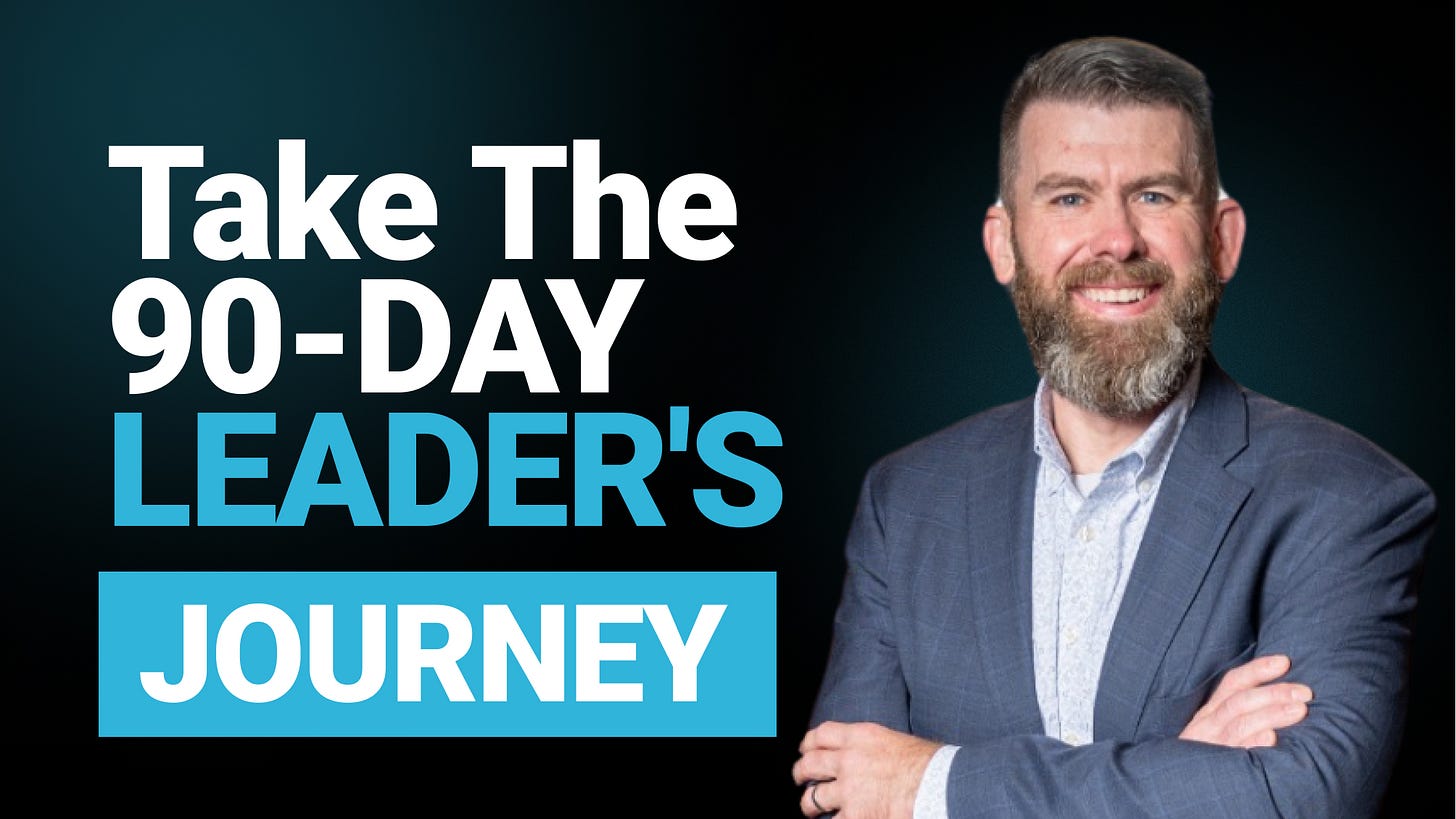Confidence vs. Competence
I’ve been thinking a lot lately about the difference between confidence and competence. And then I heard a discussion on this topic and realized I had to share it with you.
Confidence is all about your self-assuredness. It’s grounded in self-belief, focused on your ability as a leader to be decisive and to maintain positivity in your beliefs, particularly around your abilities as a leader.
Leaders need confidence, especially when embarking on a new initiative or major change effort.
But confidence without competence can lead us down some very dangerous paths as leaders.
By contrast, competence comes down to your proven abilities as a leader.
See the difference there?
Competence is based on the skills and abilities that you possess as a leader — those areas where you have already been tested and proven successful.
The challenge we face as leaders — and we owe it to our people and our organizations to understand this and to balance them effectively — is that sometimes we can be confident in areas where we aren’t yet competent.
I’m not suggesting that you shouldn’t attempt things that you’ve never done before. Far from it! In fact, this is how we learn and grow.
The mistake leaders make (I’ve made this mistake myself!) is when we adopt confidence around something that we’ve not developed a competence in, which can quickly lead us to over-estimate our capabilities and make more mistakes.
A leader that only operates from their confidence is more likely to think they know something or have expertise in an area, and often that leads to unnecessary risk-taking.
This is why I believe it’s critically important that as a leader, you need to balance your confidence with your competence. It’s ok to try new things and to do the things you’ve never done before. But be honest about those things with your people and other leaders — let them know it’s new to you too, and that you’re in uncharted waters.
Don’t be so arrogant as to hide your lack of competence behind your confidence.
It rarely ends well.
Leadership Link Roundup
Having an intentional focus in 2025
What it takes to become a senior-level leader in an organization
What new leaders need to know on day one
Understanding the power of your purpose
The Value of Intentionality
Take the 90-Day Leader’s Journey!
If you want to become a leader of significant impact, you need to take the 90-Day Leader’s Journey. In this 90-day email course I’ll share with you 90 key insights on leadership Character, Culture, and Competence that I use to train leadership teams in professional service firms every day — and that you can use to accelerate your own leadership impact!
Optimize Your Salesforce CRM
Does your organization struggle to get your Salesforce CRM to do the things you need it to do? Do you want to pull your hair out because you feel like your CRM is working against you instead of for you?
If this feels familiar, my friend Jim Krizan over at Higher Rock LLC can help you.
His team of expert Salesforce consultants can help with anything from Salesforce implementations, platform integrations, maintenance, reporting, and anything else you need to effectively use your Salesforce CRM.
You can get the help you need to maximize the impact of your Salesforce CRM.
Book a no-cost, no-obligation call with Higher Rock LLC today!
#paidpromotion #advertisement






Great post! Your insights on balancing confidence and competence really resonate with me. I had an intern once who thought he knew everything there was to know. His overconfidence came across as arrogance, and it quickly alienated the rest of the team. Despite his self-assured attitude, it was obvious to everyone else that he didn’t have the competence to back it up. This experience reminded me how important humility is in leadership. Humility allows us to acknowledge our limitations, foster collaboration, and continue learning, which ultimately builds trust and respect within a team. Thank you for shedding light on this important balance!